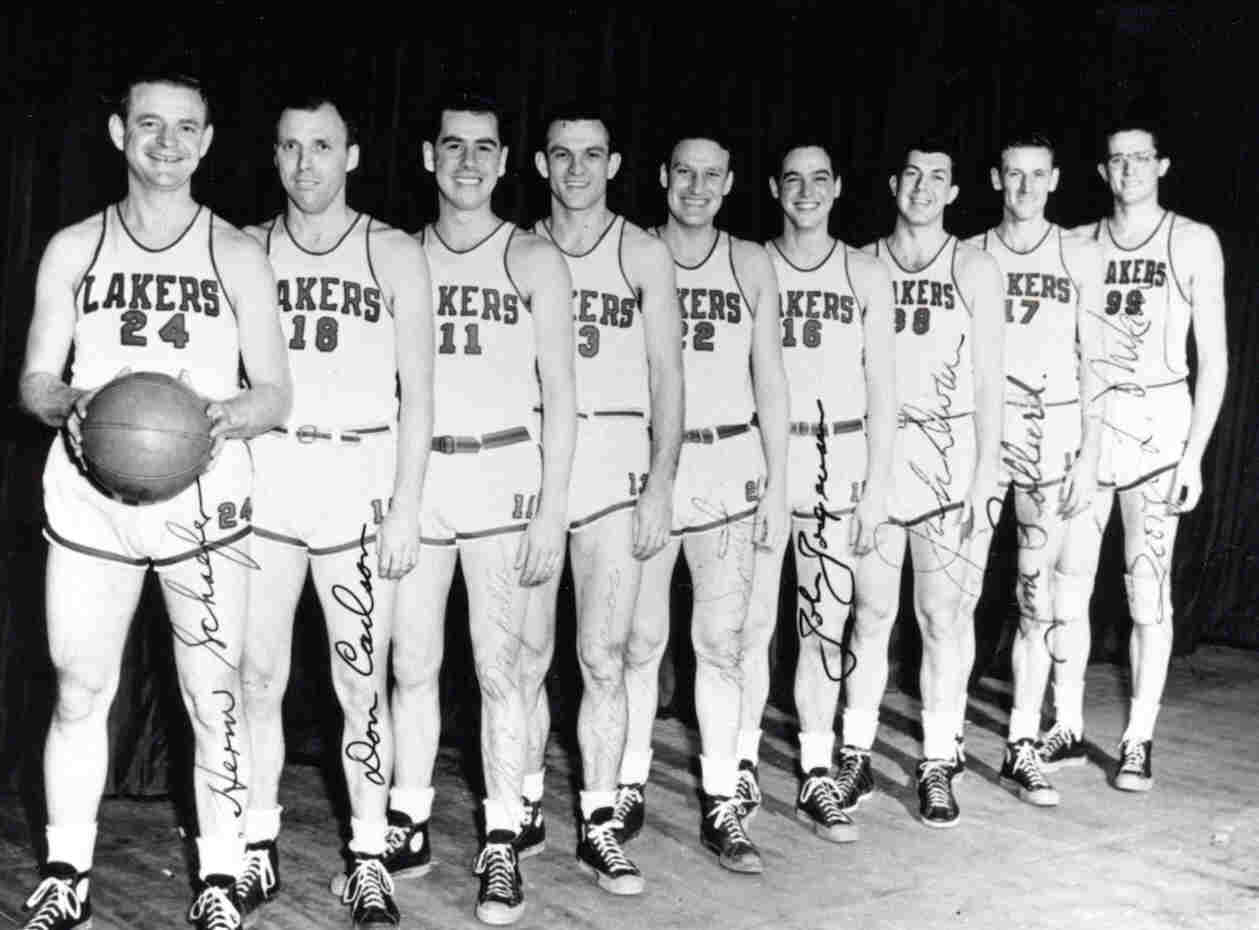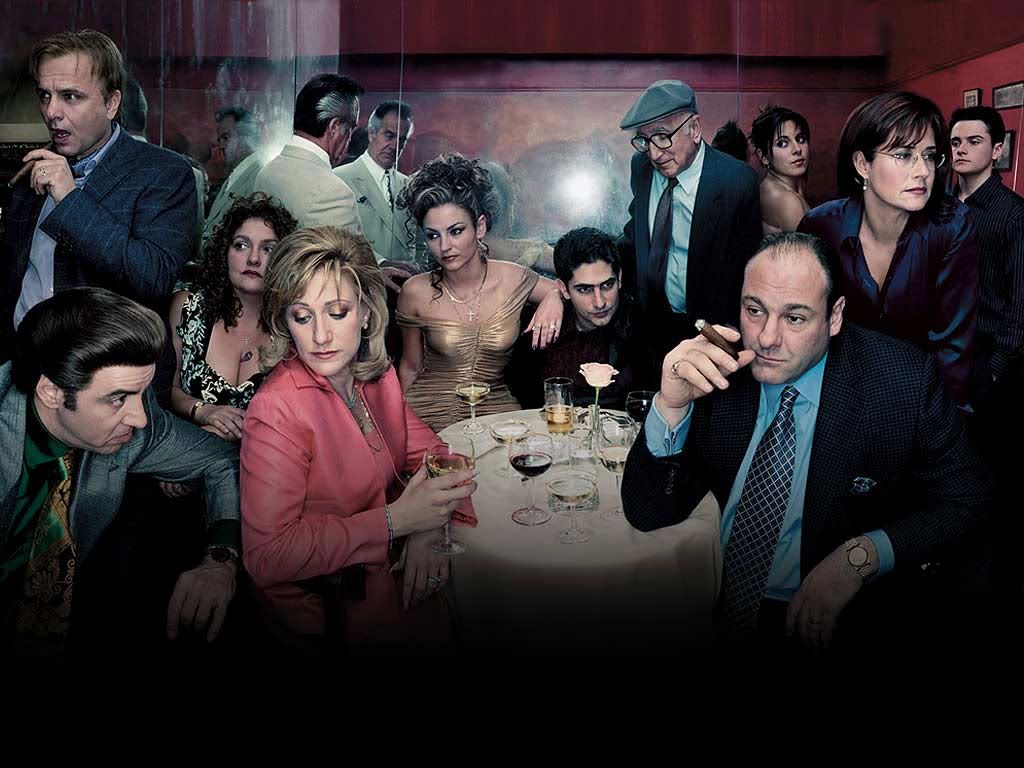Some Things Never Change
In fact the steps taken by the British to maneuver the colonies into armed revolt must almost certainly take that title -- and this is in fact one of her four case studies of "the pursuit by governments of policies contrary to their own interests."
While she examines the fall of Troy, and the actions of the Vatican leading to the Reformation, the bulk of the book looks at the how the British "lost America" and how the U.S. bungled into, through, and out of war in Vietnam.
If the heartening part is understanding the historical proclivity to screw it up, the disheartening thing is just how clearly applicable the lessons of those two failures should have been for the current fiasco -- and just how clearly they were ignored.
For instance, does this line seem to resonate?
"The prospect of defeat under "my" command pleases no ruler, and rather than face it, George tried obstinately to prolong the war long after it held any hope of success."That's King George III, by the way. Kicking the can down the road as a tactical substitute for lack of strategy has a much longer history than the current occupant.
But the lost lessons of Vietnam are, if anything, even more disheartening, as that disaster was well within the lifetimes of those responsible for the immediate disaster. Any of this make sense in the current environment?
"The follies that produced this result begin with continuous overreacting: in the invention of endangered "national security," the invention of "vital interest," the invention of a "commitment" which rapidy assumed a life of its own, casting a spell over the inventor ... it was a failure to understand that problems and conflicts exist among other peoples that are not soluble by the application of American force or American techniques or even American goodwill. 'Nation building' was the most presumptuous of the illusions."In the end, I suppose that the final heartening aspect to this is that three of the four examples show that colossal disasters need not be permanently debilitating. The Catholic church is still around, the British empire continued unabated for more than a century, and the U.S. quickly recovered its footing despite losing our "vital interest" in Southeast Asia.
It remains to be seen, of course, what will be the long term implications of the current folly. One certainty is that if Barbara Tuchman were still alive we would someday see a revised and updated version of this book to include a fifth case study.



















